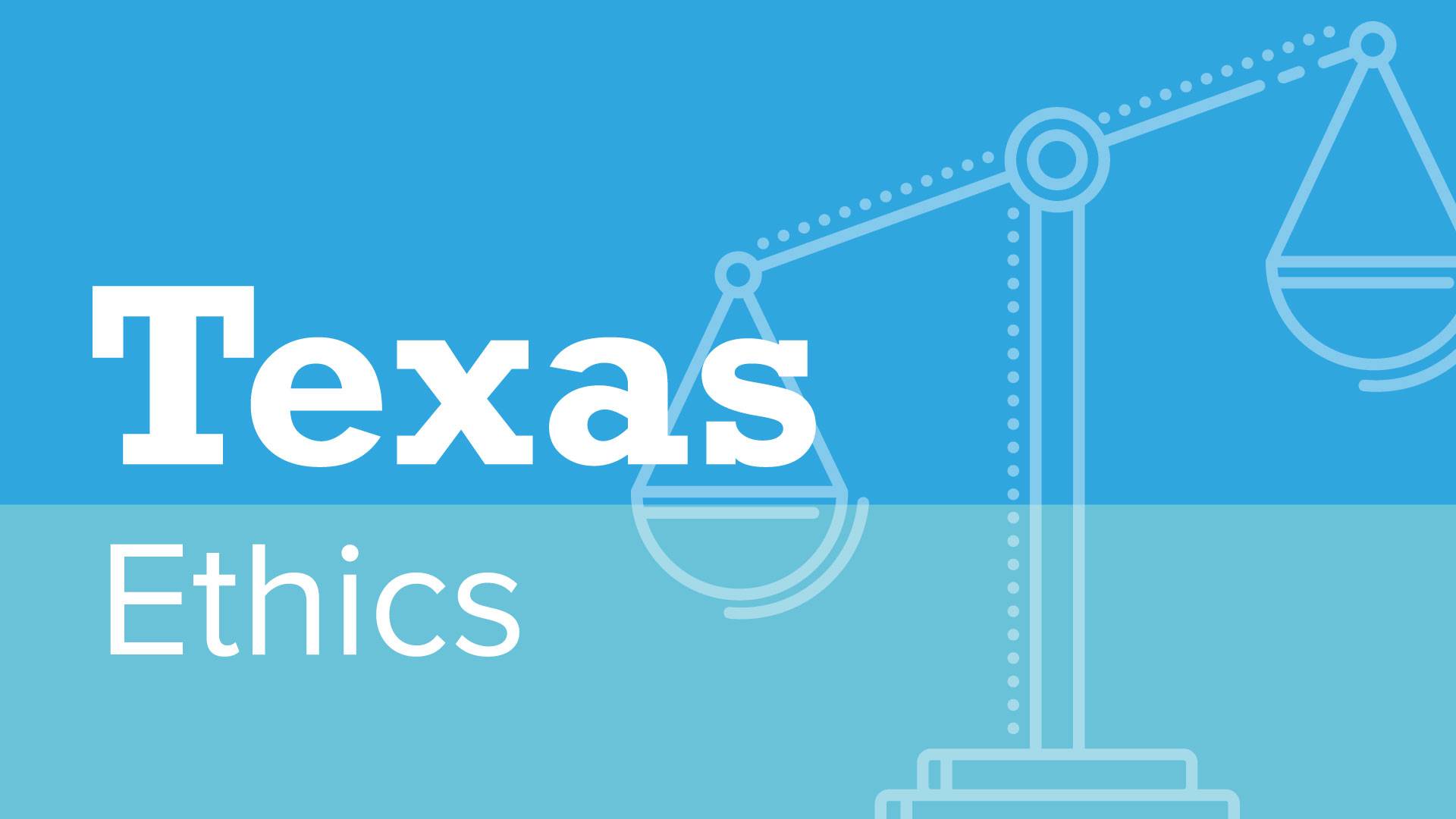State CPE Requirements
Texas
Welcome to your go-to guide for fulfilling your Continuing Professional Education requirements, tailored to your state’s specific mandates and regulations.
Revision Date:
April 17, 2023
All Continuing Professional Education (CPE) requirements are sourced from NASBA. For detailed information, please visit the NASBA CPE Requirements page.

Total CPE Hours Required
120 hours

CPE Reporting Period
Ends on last day of the CPA's birth month, over a three year rolling period

License Renewal Deadline
Last day of birth month annually
License Renewal Deadline:
Last day of birth month annually
CPE Reporting Period:
Ends on last day of the CPA’s birth month, over a three year rolling period
Total CPE Hours Required:
120 hours
Minimum CE Hours per year:
20 hours
Ethics Requirements:
4 hour ethics course every 2 years. Providers offering ethics courses must register with the Board.
Credit Limitations:
- Instruction:
20 hours maximum per year. Instruction of an introductory level college course is not accepted.
- Nano Learning:
50% maximum in a three-year reporting period. For nano learning, a passing grade is 100%.
- Non-Technical Courses:
50% maximum in a three-year reporting period.
- Other Certifications:
50% maximum in a three-year reporting period for the successful completion of certification programs, such as:
- Certified Financial Planner
- Certified Internal Auditor
- Certified Fraud Examiner
- Other related financial certifications
- Related financial securities licenses
- Published Materials:
10 hours maximum per year for authors and reviewers of published articles and books.
- Fields of Study:
This jurisdiction has rules placing limitations on certain subject areas or requiring a certain number of credits within a certain subject area or group of subject areas. Confirmation with the Board of the impact of the changes included in the new Fields of Study document, which went into effect September 1, 2016, is included in this analysis.
Other Subject Area Requirements:
None
Other State Policies:
- CPE Reciprocity:
A non-resident licensee may meet Texas’ CPE requirements by meeting the CPE requirements of the licensee’s principal place of business. If the principal place of business has no CPE requirements, then the licensee must meet Texas’ CPE requirements.
- Provider Approval:
All providers, including NASBA sponsors, must register with the Board.
- Non-Registered Sponsors:
Credit hours earned from sources other than registered sponsors should be submitted on the appropriate form, “Claiming Continuing Professional Education Credits from a Non-Registered Sponsor,” justifying the reason the CPE credit hours are being claimed and the benefit to the licensee or the licensee’s employer.
Licensees may not claim more than fifty percent of their hours from non-registered sponsors in any three-year reporting period.
Other State CPE Requirements
Deadlines always sneak up on you, but not this time.
Financial and Accounting Professionals reporting in one of the states listed below can easily find their State’s CPE Requirements.

